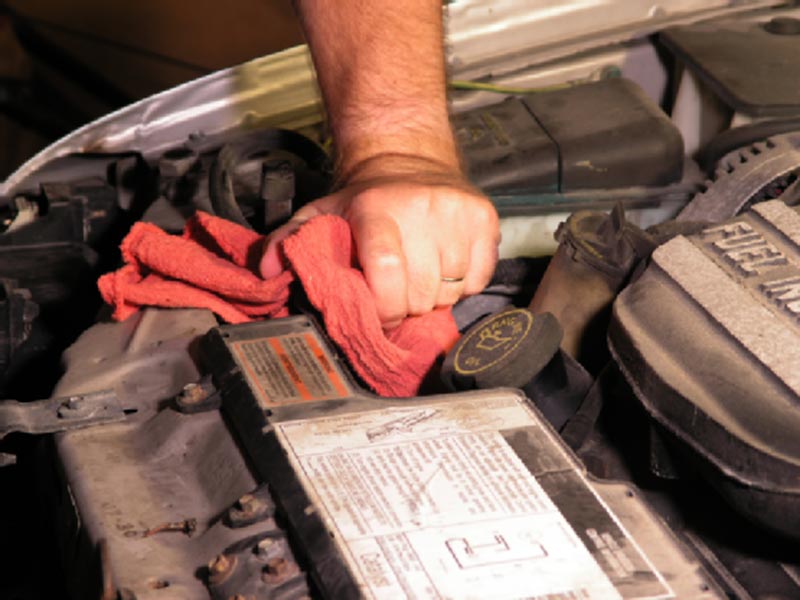A Car Owner’s Guide to Radiator Fluid

As you drive your car, your engine’s temperature can reach very high temperatures. For this reason, it is critical that your engine is cooled continuously. This is where radiator fluid comes in. Radiator fluid, or coolant, is critical for the proper maintenance and safety of your vehicle. Here is a car owner’s guide to radiator fluid.
What Is Radiator Fluid?
Most coolant is made out of water and ethylene glycol. This combination creates a fluid with a freezing and boiling point much lower and higher than normal water, respectively. This makes the fluid a great option for keeping your car’s engine cool regardless of the circumstances. Many coolant options also come with an antifreeze component to prevent the mixture from freezing in cold temperatures
What Is the Purpose of Radiator Fluid?
While car engines have become much more efficient at converting the chemical reactions of the combustion process into mechanical energy or movement, the fact of the matter is that combustion still produces plenty of heat. The job of radiator fluid is to absorb the heat produced by the combustion process and safely remove it from the engine. By regulating your engine’s temperature, this coolant helps ensure that you can drive safely for miles without having to worry about your car overheating.
What Are the Proper Maintenance Procedures for Radiator Fluid?
Because coolant is so important to the proper functioning of your vehicle, it is important that you don’t overlook it when you are maintaining your vehicle. Whenever you take your car to your mechanic, make sure to have them check the fluid levels. Sometimes, due to leaks in the cooling system, radiator fluid can leak out from your car. Without the proper level of radiator fluid, your car will be more likely to overheat. In the winter, it is important to make sure that the fluid you are using contains antifreeze.
Don’t let low coolant levels compromise your car’s health. If your engine does overheat, the consequences could be catastrophic. Fortunately, by practicing smart maintenance habits and having your mechanic check your antifreeze levels regularly, you can easily avoid engine overheating. To learn more about how automotive fluids work, call Murray’s Auto Clinics at 301-585-7557.


